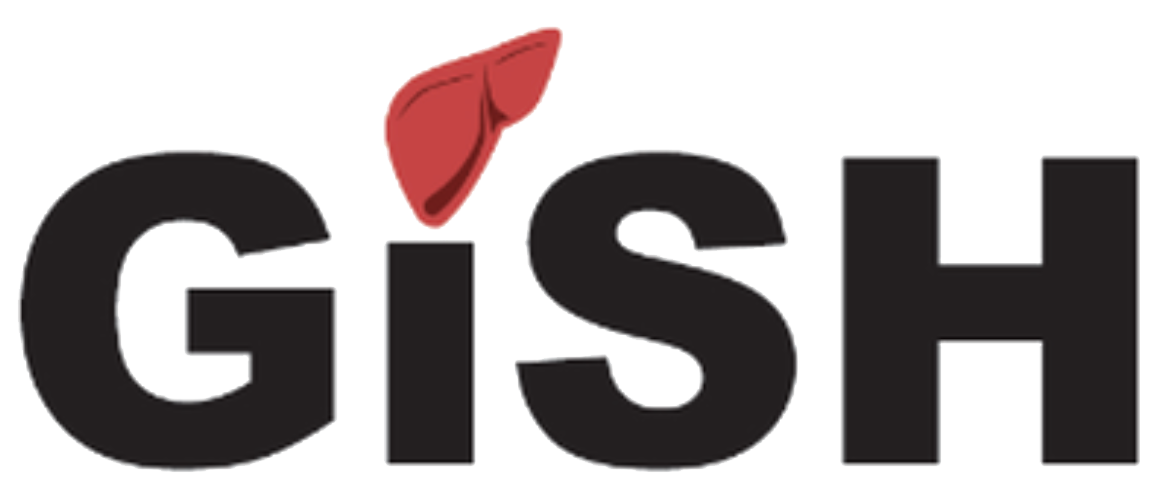Hepatitis B Reactivation Risk on Immunosuppressants with a Focus on Newer Immunomodulators

A Review of Hepatitis B Reactivation Risk on Immunosuppressants with a Focus on Newer Immunomodulators
Abstract
Purpose of Review
Hepatitis B virus reactivation (HBVr) can complicate the use of immunosuppressive, antiviral, and chemotherapeutic medications in individuals with a history of prior exposure to HBV or chronic infection. Timely management is crucial to prevent fatalities. This review focuses on the various classes of biologics linked to the risk of HBVr, with emphasis on newer immunosuppressive and immunomodulator therapies.
Recent Findings
Immune checkpoint inhibitors, tyrosine kinase inhibitors, cytokine inhibitors, and chimeric antigen receptor T-cell immunotherapies are associated with a high risk of hepatitis B virus reactivation (HBVr) in patients who are hepatitis B surface antigen-positive (HbsAg-positive). This risk decreases significantly when patients start nucleoside analogue (NA) prophylaxis. It is recommended to use NA prophylaxis alongside these medications and closely monitor for reactivation upon discontinuation of NA prophylaxis.
Summary
To minimize the risk of reactivation when starting immunosuppressive, antiviral, and chemotherapeutic agents in individuals at high, intermediate, and low risk for hepatitis B virus reactivation (HBVr), it is crucial to employ specific strategies for risk assessment, monitoring, and management.
